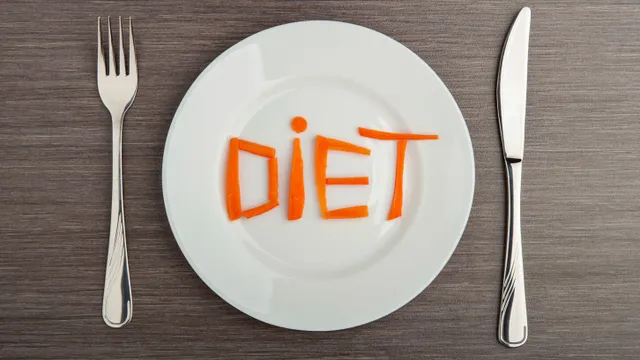Intermittent fasting has gained massive popularity as a health trend, praised for its potential to boost weight loss, improve energy, and even promote longevity. But beyond the buzz, what does science actually say about this dietary approach? Before jumping on the bandwagon, it’s essential to separate fact from fiction. Understanding the research behind intermittent fasting can help you make informed decisions about whether it’s right for your goals and lifestyle. Interestingly, just like diet, your social habits play a major role in well-being—learn more in our guide on The Role of Social Connections in Mental Wellness. Regardless if you’re curious about its health benefits, risks, or how it works, this article dives into the scientific truths that can guide smarter, healthier choices.

What Is Intermittent Fasting and How Does It Work?
Intermittent fasting (IF) is a dietary method that alternates between periods of eating and fasting. Rather than focusing on what you eat, it emphasizes when you eat. Popular IF methods include the 16/8 method, where you fast for 16 hours and eat within an 8-hour window, and the 5:2 approach, which limits calorie intake to two non-consecutive days per week.
The science behind IF lies in how it changes the way your body uses energy. During a fast, your body uses up stored glucose and begins to burn fat for fuel, a process called ketosis. This shift may promote weight loss, improve metabolism, and improve cellular repair.
Intermittent fasting also influences hormones like insulin, making your body more efficient at regulating blood sugar. Many find it manageable because it doesn’t involve strictly counting calories, just structuring meals within set times.
While IF can offer health benefits, it’s not for everyone. Understanding how it works ensures you approach it in a way that supports your unique goals and lifestyle. Always consult a professional before trying a new dietary plan.
Common Myths About Intermittent Fasting Debunked
Intermittent fasting (IF) is surrounded by myths that often lead to confusion. One common misconception is that skipping meals slows your metabolism. While prolonged calorie deprivation can impact metabolism, fasting in controlled cycles can improve metabolic health by improving insulin sensitivity.
Another myth is that IF causes muscle loss. Research shows that with a proper diet and adequate protein intake, the body prioritizes burning fat for energy during fasting, not muscle. The key is maintaining a balanced diet during eating periods.
Many also believe fasting means you’ll feel constantly hungry or weak. While adjusting might be challenging at first, most people report stable energy levels as their body adapts. Drinking water and eating nutrient-dense meals during non-fasting periods can help ease the transition.
Lastly, some assume intermittent fasting works for everyone. While it offers benefits like weight loss and improved health markers, it’s not suitable for everyone, including those with certain medical conditions or dietary needs.
Understanding the science behind these myths can help you approach intermittent fasting with clarity and confidence, ensuring you make informed decisions for your health.
Key Tips for Starting Intermittent Fasting Successfully
Starting intermittent fasting can feel challenging, but with the right approach, it can become a sustainable lifestyle change. Begin by easing into it. Instead of jumping into a strict fasting schedule, start with a 12-hour fasting window and gradually extend it to 14 or 16 hours as your body adapts.
Managing hunger is needed for sticking with the plan. Stay hydrated throughout the day by drinking water, herbal tea, or black coffee during fasting hours. These can help curb hunger and keep your energy stable. During your eating window, focus on nutrient-dense meals rich in lean proteins, healthy fats, whole grains, and vegetables to keep you full and energized.
Structure your eating window around your lifestyle. If you’re most hungry in the evening, time your meals accordingly. This flexibility helps make intermittent fasting more sustainable long-term.
Lastly, don’t aim for perfection from day one. It’s normal to have an off day or take breaks. Listen to your body and adjust your approach as needed. Above all, consistency and patience are key to making intermittent fasting work for you.
Conclusion
Intermittent fasting offers promising health benefits, but it isn’t a one-size-fits-all solution. By understanding the science, dispelling myths, and starting with practical tips, you can decide if it aligns with your lifestyle. Always prioritize your health and consult a professional to adopt an approach that works best for your unique goals. For more tips and insights on living a healthier life, explore our full collection of health and wellness articles.


Leave a Reply